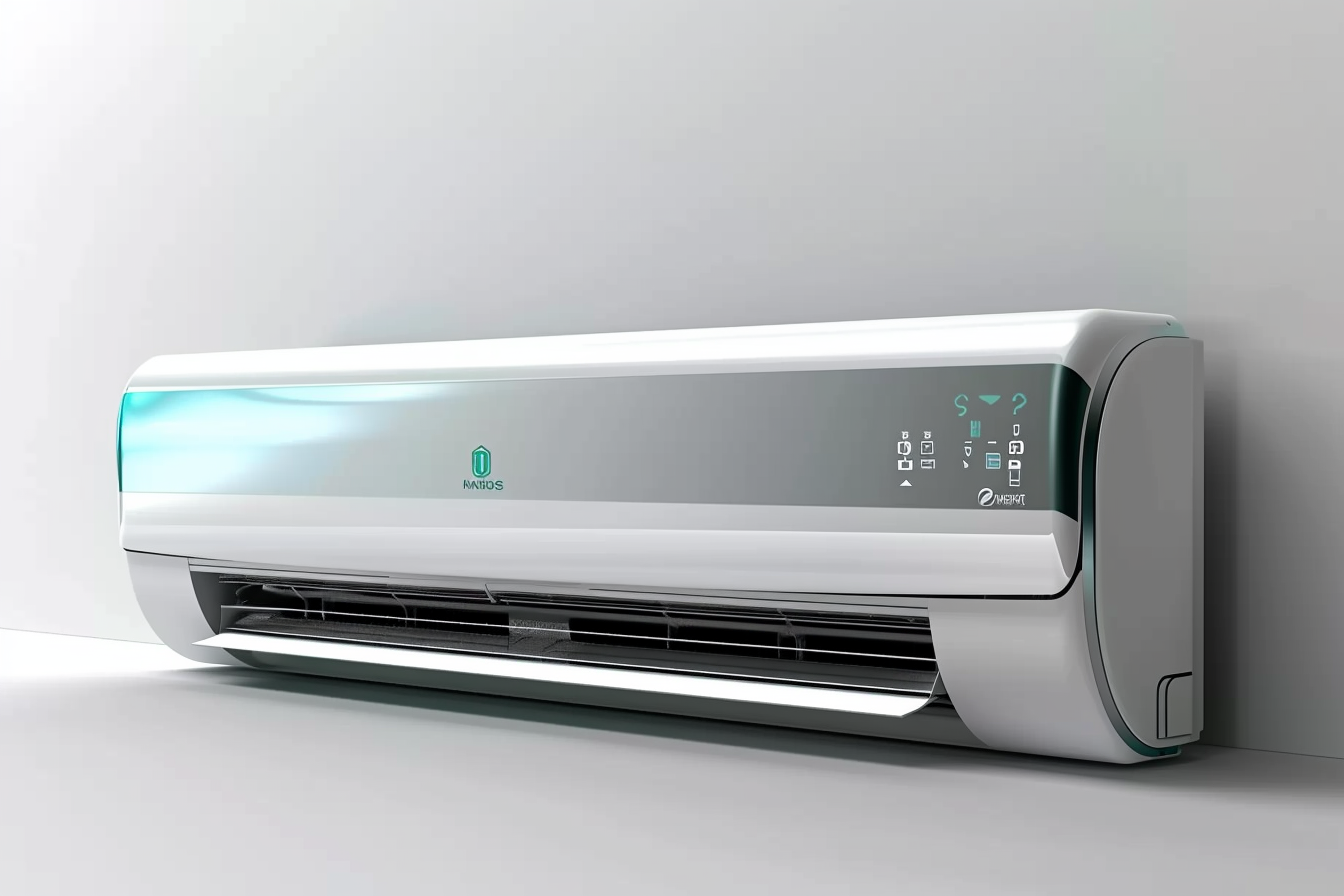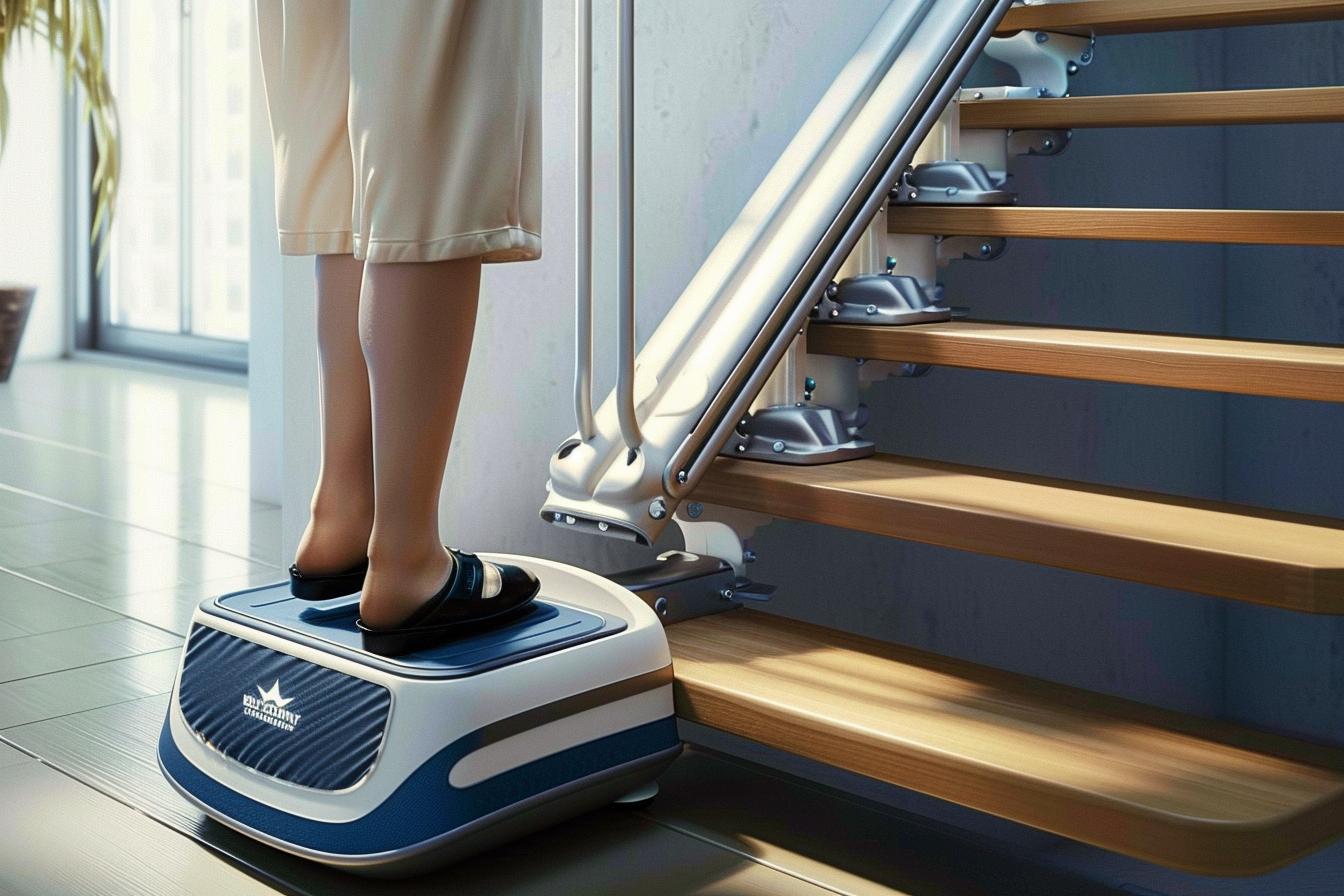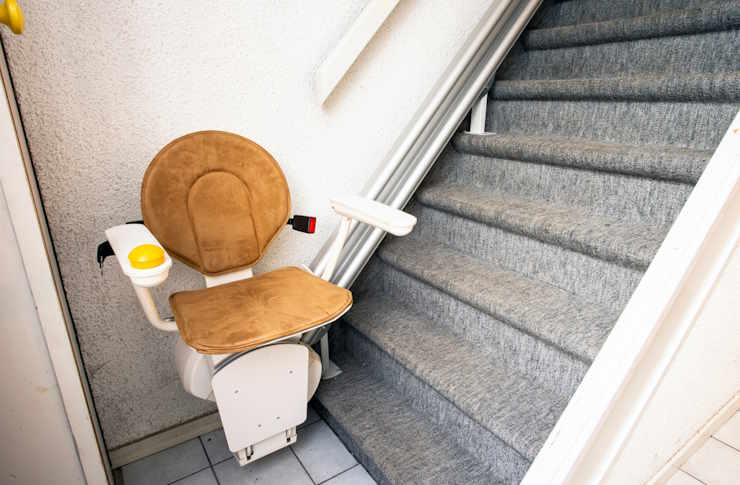The Importance of Air Conditioning in Modern Living
Air conditioning has become an integral part of modern life, providing comfort and relief from hot and humid weather conditions. This article explores the significance of air conditioning systems in homes and apartments, their benefits, and considerations for optimal use.

-
Compressor: It pressurizes the refrigerant, raising its temperature.
-
Condenser: Located outside, it releases the heat absorbed from indoors.
-
Expansion valve: It regulates the flow of refrigerant through the system.
As the refrigerant circulates through these components, it changes from a liquid to a gas and back again, effectively transferring heat from inside your home to the outside environment.
What are the benefits of having an air conditioner in your apartment?
Installing an air conditioner in your apartment can greatly enhance your living experience. Here are some key benefits:
-
Temperature control: Maintain a comfortable indoor temperature regardless of outdoor conditions.
-
Humidity reduction: Air conditioners help remove excess moisture from the air, creating a more pleasant environment.
-
Improved air quality: Many modern units include air filtration systems that remove dust, allergens, and other particles from the air.
-
Better sleep: A cool, comfortable environment promotes better sleep quality.
-
Increased productivity: Maintaining an optimal temperature can help you stay focused and productive while working from home.
How can air conditioning improve indoor air quality?
Air conditioning systems play a crucial role in improving indoor air quality, which is especially important for those who spend significant time indoors. Here’s how air conditioners contribute to better air quality:
-
Air filtration: Most air conditioners come equipped with filters that trap dust, pollen, and other airborne particles.
-
Humidity control: By reducing excess moisture in the air, air conditioners help prevent the growth of mold and mildew.
-
Ventilation: Some systems incorporate ventilation features that bring in fresh outdoor air while expelling stale indoor air.
-
Odor removal: Air conditioning can help eliminate unpleasant odors by circulating and filtering the air.
Regular maintenance of your air conditioning system, including cleaning or replacing filters, is essential to ensure optimal air quality benefits.
What factors should you consider when choosing an air conditioner for your home?
Selecting the right air conditioner for your home involves considering several factors to ensure optimal performance and efficiency:
-
Size of the space: Choose a unit with the appropriate cooling capacity for your room or home size.
-
Energy efficiency: Look for models with high SEER (Seasonal Energy Efficiency Ratio) ratings to save on energy costs.
-
Type of system: Options include window units, portable air conditioners, split systems, and central air conditioning.
-
Climate: Consider your local climate and humidity levels when selecting a system.
-
Noise levels: Some units are quieter than others, which can be important for bedroom or living area installations.
-
Additional features: Look for features like programmable thermostats, remote control, and smart home compatibility.
How can you maximize the efficiency of your air conditioning system?
To get the most out of your air conditioner while minimizing energy consumption, consider these tips:
-
Regular maintenance: Clean or replace filters monthly and schedule professional maintenance annually.
-
Proper insulation: Ensure your home is well-insulated to prevent cool air from escaping.
-
Use of ceiling fans: Combine air conditioning with ceiling fans to improve air circulation and reduce the workload on your AC.
-
Thermostat settings: Set your thermostat to a higher temperature when you’re away or sleeping to save energy.
-
Shade your home: Use curtains, blinds, or exterior shading to reduce heat gain from sunlight.
-
Seal air leaks: Check for and seal any gaps around windows and doors to prevent cool air from escaping.
By implementing these strategies, you can enjoy a comfortable indoor environment while minimizing your energy consumption and costs.
What are the costs associated with air conditioning installation and operation?
The costs of air conditioning can vary significantly depending on the type of system, your location, and usage patterns. Here’s a general overview of potential costs:
| Type of Air Conditioner | Average Installation Cost | Estimated Annual Operating Cost |
|---|---|---|
| Window Unit | $150 - $550 | $40 - $100 |
| Portable AC | $250 - $500 | $50 - $150 |
| Ductless Mini-Split | $2,000 - $7,000 | $300 - $600 |
| Central AC | $3,000 - $7,000 | $500 - $1,000 |
Prices, rates, or cost estimates mentioned in this article are based on the latest available information but may change over time. Independent research is advised before making financial decisions.
Installation costs can vary based on factors such as the complexity of the installation, the need for additional ductwork, and local labor rates. Operating costs depend on factors like your local electricity rates, the efficiency of your system, and how often you use it.
In conclusion, air conditioning plays a vital role in creating comfortable and healthy indoor environments. By understanding how air conditioners work, their benefits, and how to choose and maintain them efficiently, you can make informed decisions about cooling your home or apartment. While there are costs associated with installation and operation, the comfort and improved quality of life that air conditioning provides make it a worthwhile investment for many households.




